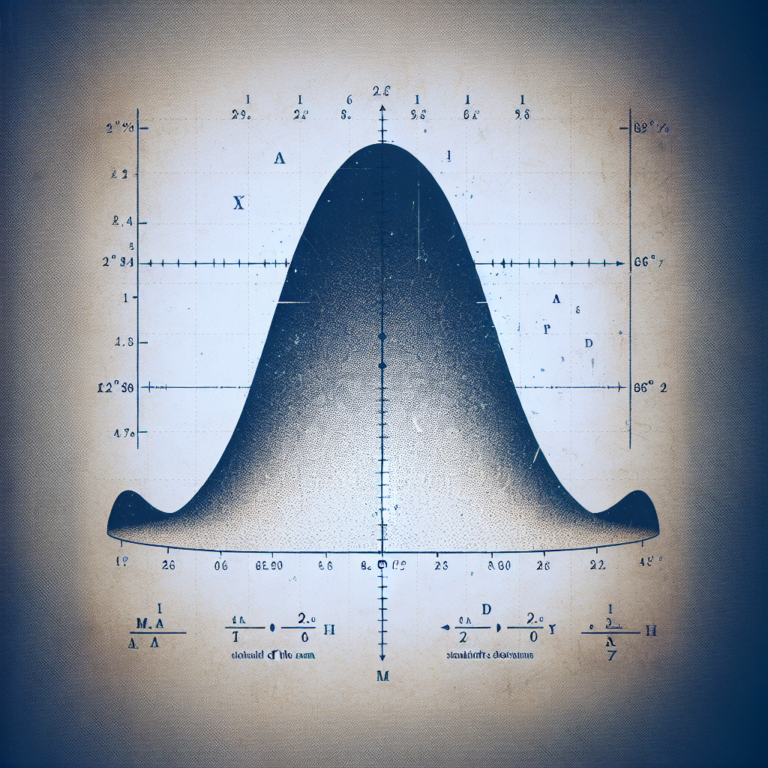In the world of medical research, the use of statistics is paramount to ensuring accurate and reliable results. One statistical approach that is gaining popularity in the medical field is Bayesian statistics. As a leading provider of statistical analysis services for medical doctors, StatisMed is committed to helping researchers understand and utilize Bayesian statistics effectively in their studies.
Table of Contents
What is Bayesian Statistics?
Bayesian statistics is a powerful framework for modeling uncertainty in data and making predictions using probability theory. Unlike traditional frequentist statistics, which rely on a fixed set of parameters, Bayesian statistics allows for the incorporation of prior knowledge and updating beliefs as new data becomes available.
One key concept in Bayesian statistics is the use of Bayes’ theorem, which describes how to update the probability of a hypothesis based on new evidence. By combining prior beliefs with observed data, researchers can calculate the posterior probability of a hypothesis, leading to more nuanced and personalized analyses.
Advantages of Bayesian Statistics in Medical Research
-
- Incorporation of prior knowledge: One of the main advantages of Bayesian statistics is the ability to incorporate existing information or beliefs into the analysis. This can lead to more robust and reliable results, especially in situations where data may be limited or noisy.
-
- Flexibility in modeling: Bayesian statistics allows for the use of complex models that can capture the intricacies of medical data, such as patient variability and treatment effects. This flexibility enables researchers to address a wide range of research questions and hypotheses.
-
- Quantification of uncertainty: Bayesian statistics provides a natural way to quantify uncertainty in estimates, making it easier to interpret and communicate results. This can be especially useful in medical research, where decisions often rely on the level of certainty in the data.
How to Implement Bayesian Statistics in Medical Research
-
- Define the research question: Before applying Bayesian statistics, it is crucial to clearly define the research question and generate hypotheses to be tested. This will guide the choice of prior distributions and model specifications.
- Collect and preprocess data: Gather relevant data from medical studies or clinical trials, ensuring that the data is clean and formatted correctly for analysis. Missing data should be addressed using appropriate imputation methods.
- Choose prior distributions: Select prior distributions that reflect existing knowledge or beliefs about the parameters being estimated. Sensitivity analyses can be performed to evaluate the impact of different prior choices on the results.
- Fit the Bayesian model: Use software packages like JAGS or Stan to fit the Bayesian model to the data. Markov chain Monte Carlo (MCMC) methods are commonly used to sample from the posterior distribution and estimate parameters.
- Interpret results: Analyze the posterior distribution to make inferences about the parameters of interest. Summarize findings using credible intervals, posterior distributions, and other diagnostic plots.
Conclusion
In conclusion, Bayesian statistics is a versatile and powerful tool for analyzing medical research data. By embracing Bayesian methods, researchers can leverage prior knowledge, model uncertainty, and make informed decisions based on data. As a leading provider of statistical analysis services, StatisMed is dedicated to helping medical professionals harness the full potential of Bayesian statistics in their research endeavors.
For more information on our statistical analysis services, please visit StatisMed. Feel free to explore our services and learn more about us. If you have any inquiries or would like to request a quote, don’t hesitate to contact us. Let’s work together to elevate your medical research with Bayesian statistics!
[ad_2]




